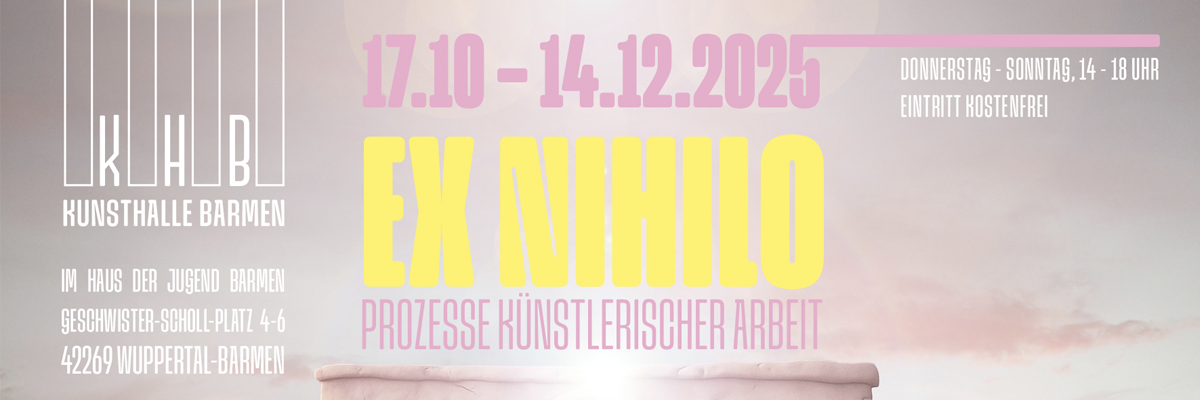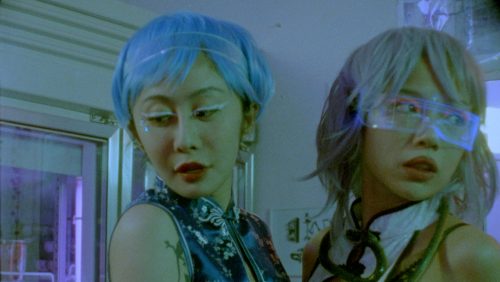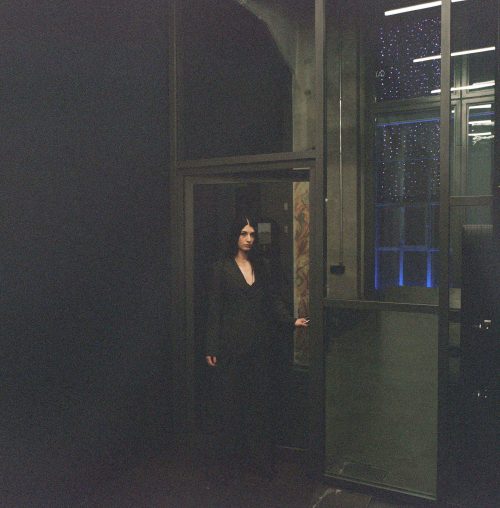
Adrienne Greenblatt, Dante Guthrie, Anjali Kasturi
A Coin On A Tongue
Project Info
- 💙 Espace Maurice
- 💚 Marie Ségolène C Brault
- 🖤 Adrienne Greenblatt, Dante Guthrie, Anjali Kasturi
- 💜 Marie Ségolène C Brault
- 💛 Manoushka Larouche
Share on
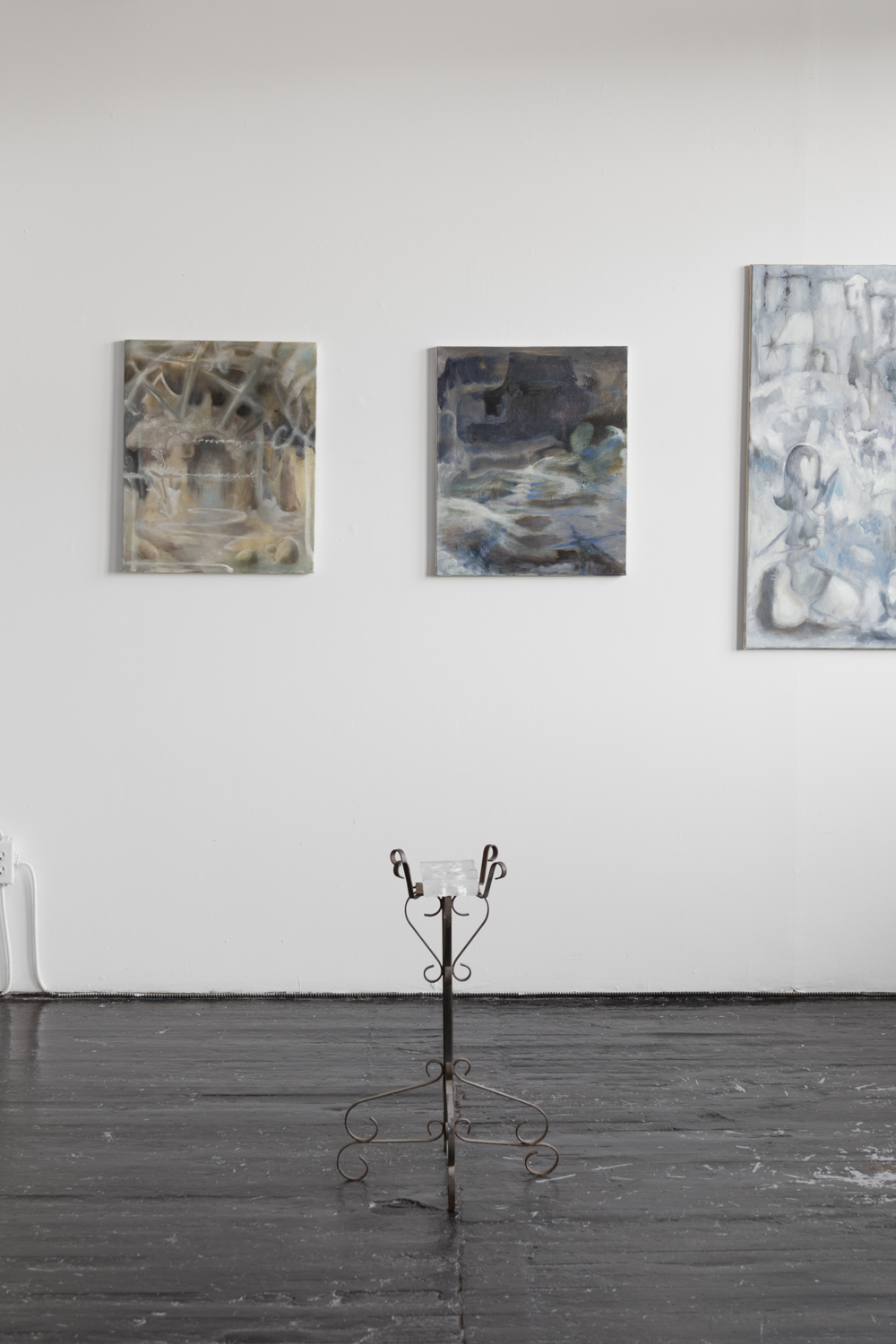
Installation shot Adrienne Greenblatt and Anjali Kasturi
Advertisement
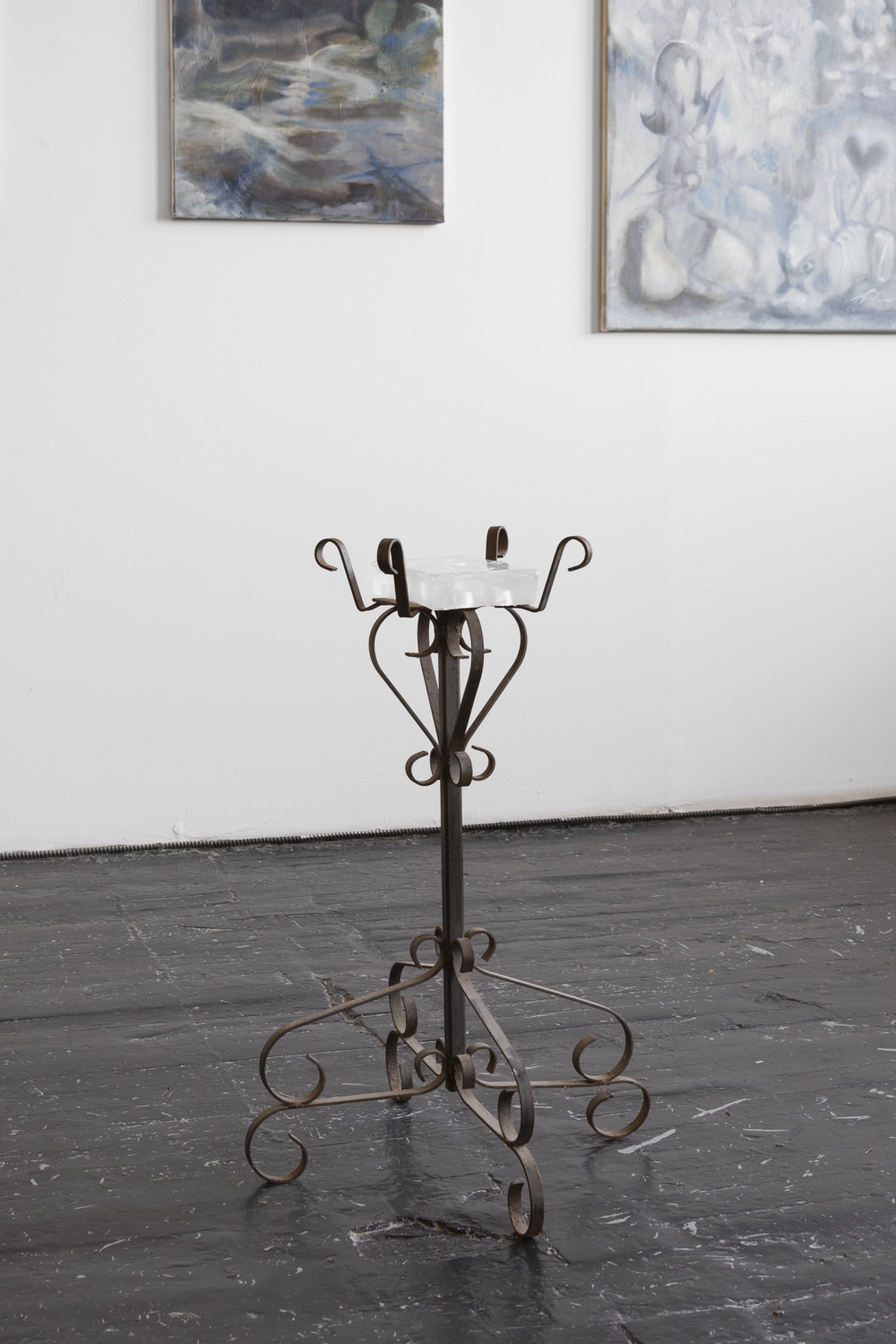
Adrienne Greenblatt, Tzimtzum (The Sacred Void) ( 2023) Cast Glass on antique iron stand
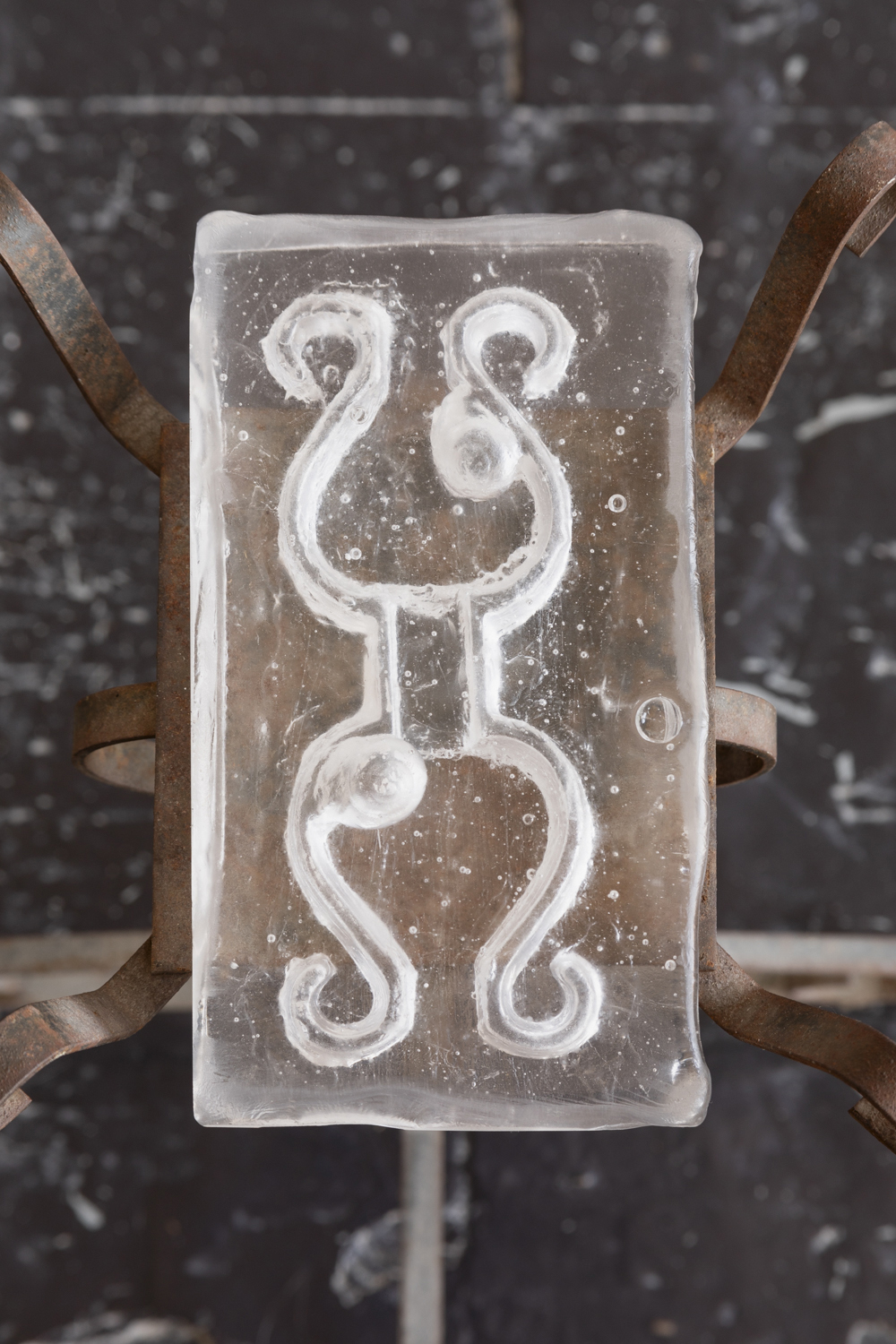
Adrienne Greenblatt,Tzimtzum (The Sacred Void), 2023, Cast Glass 4.25 x 8 x 1.5 inches
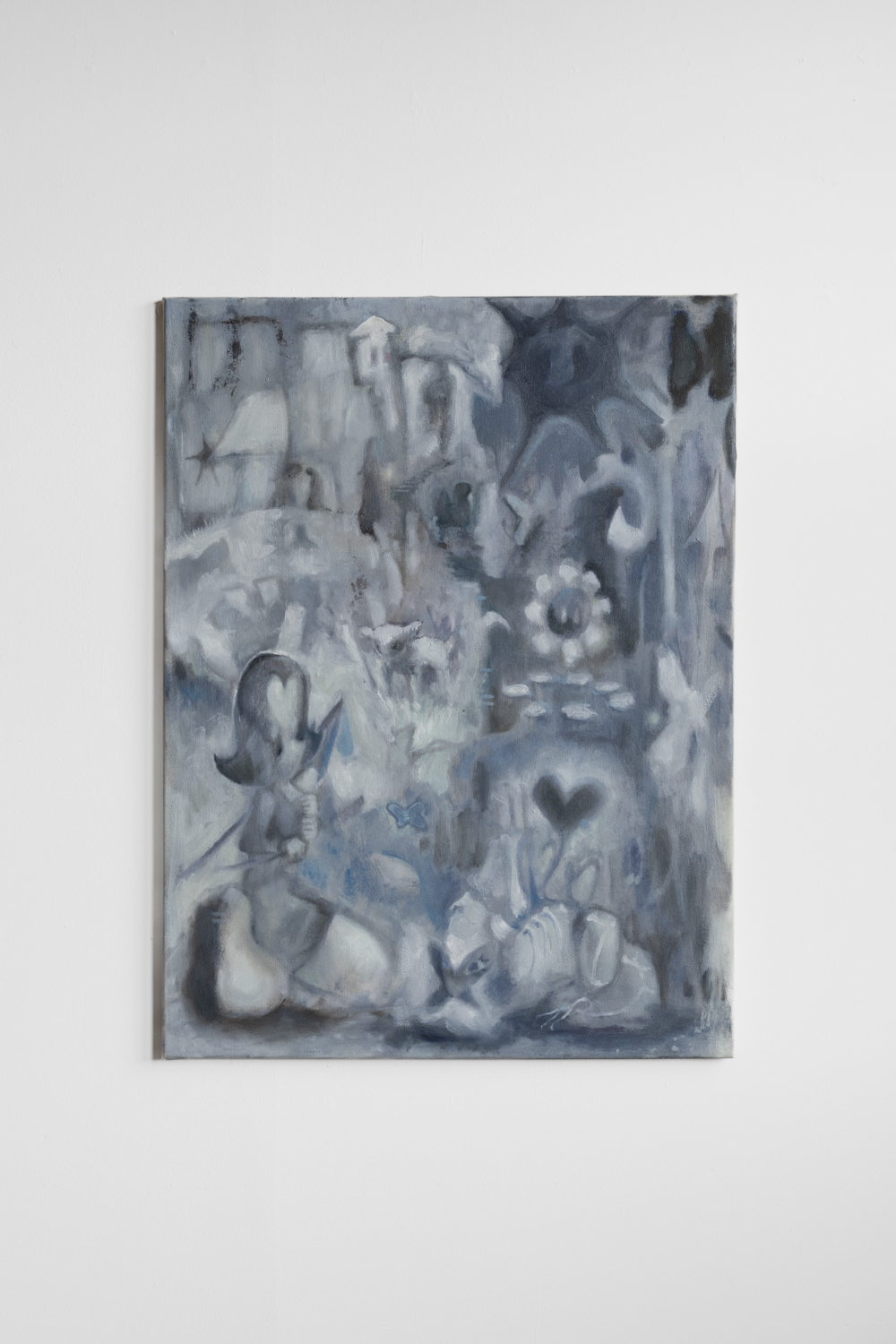
Anjali Kasturi, Past Master (2023), Oil on Canvas 40x30 inches
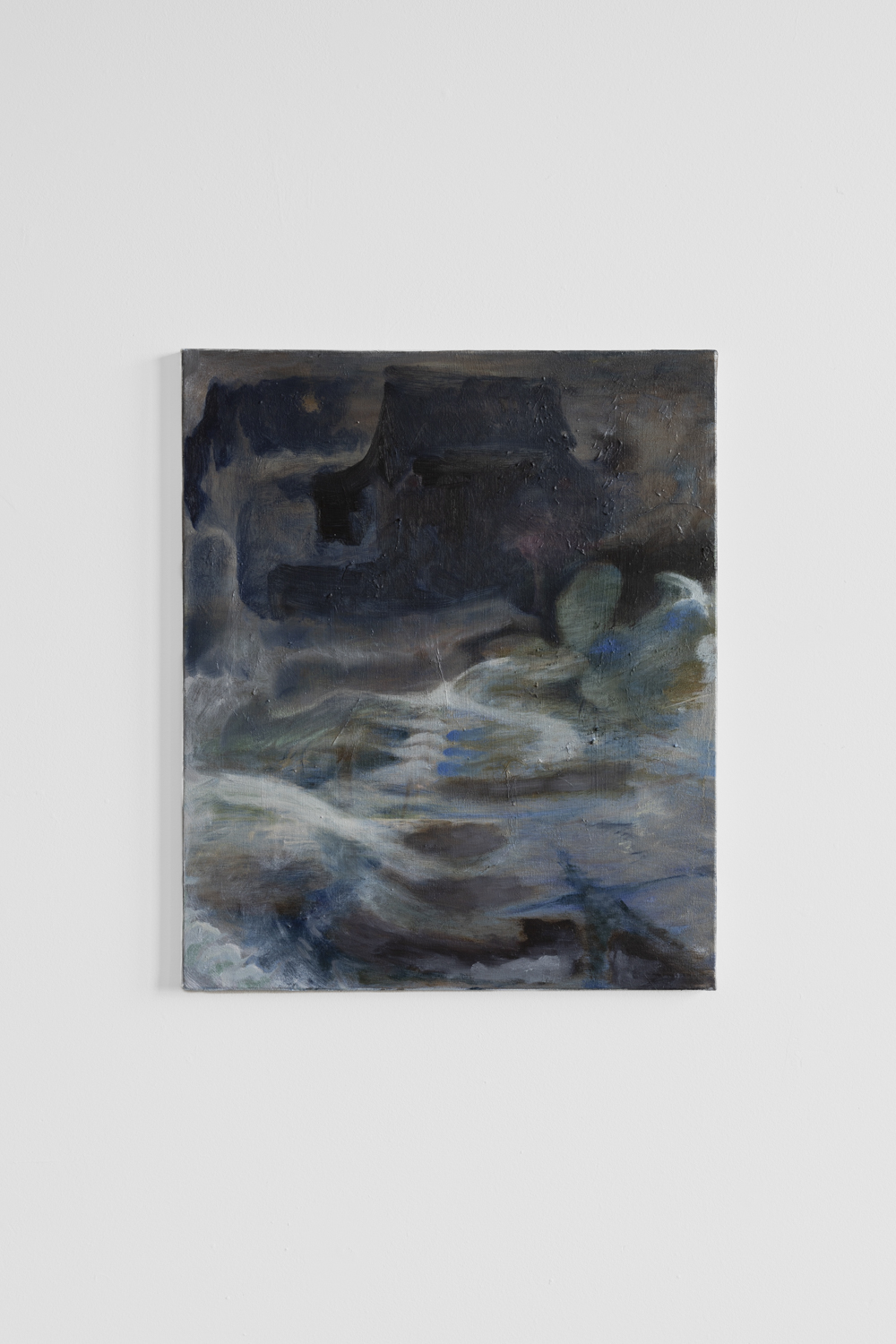
Anjali Kasturi, Bone Ranch (2023) Oil on Canvas 20x24 inches
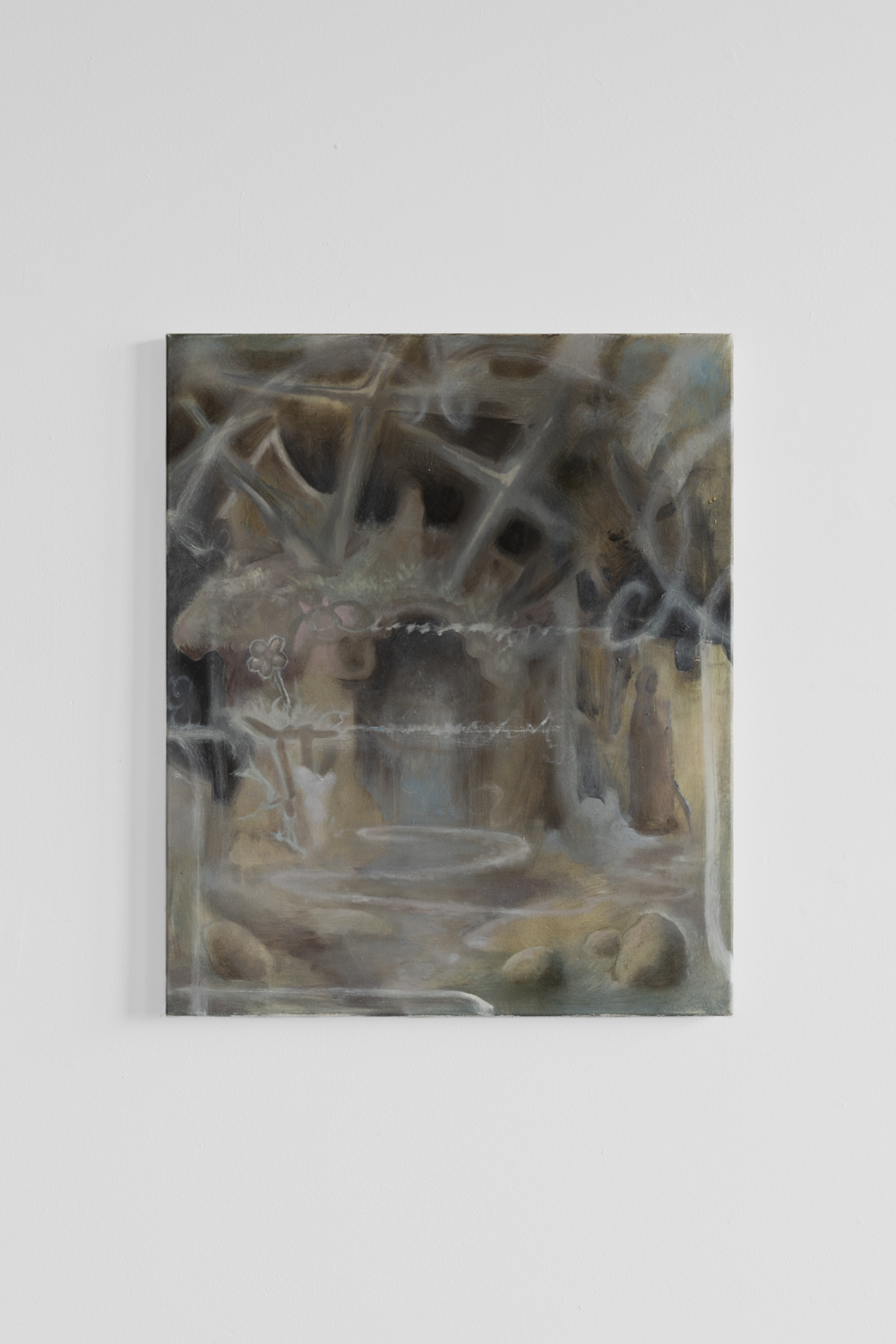
Anjali Kasturi, Gate 7 (2023) Oil on Canvas 20x24 inches
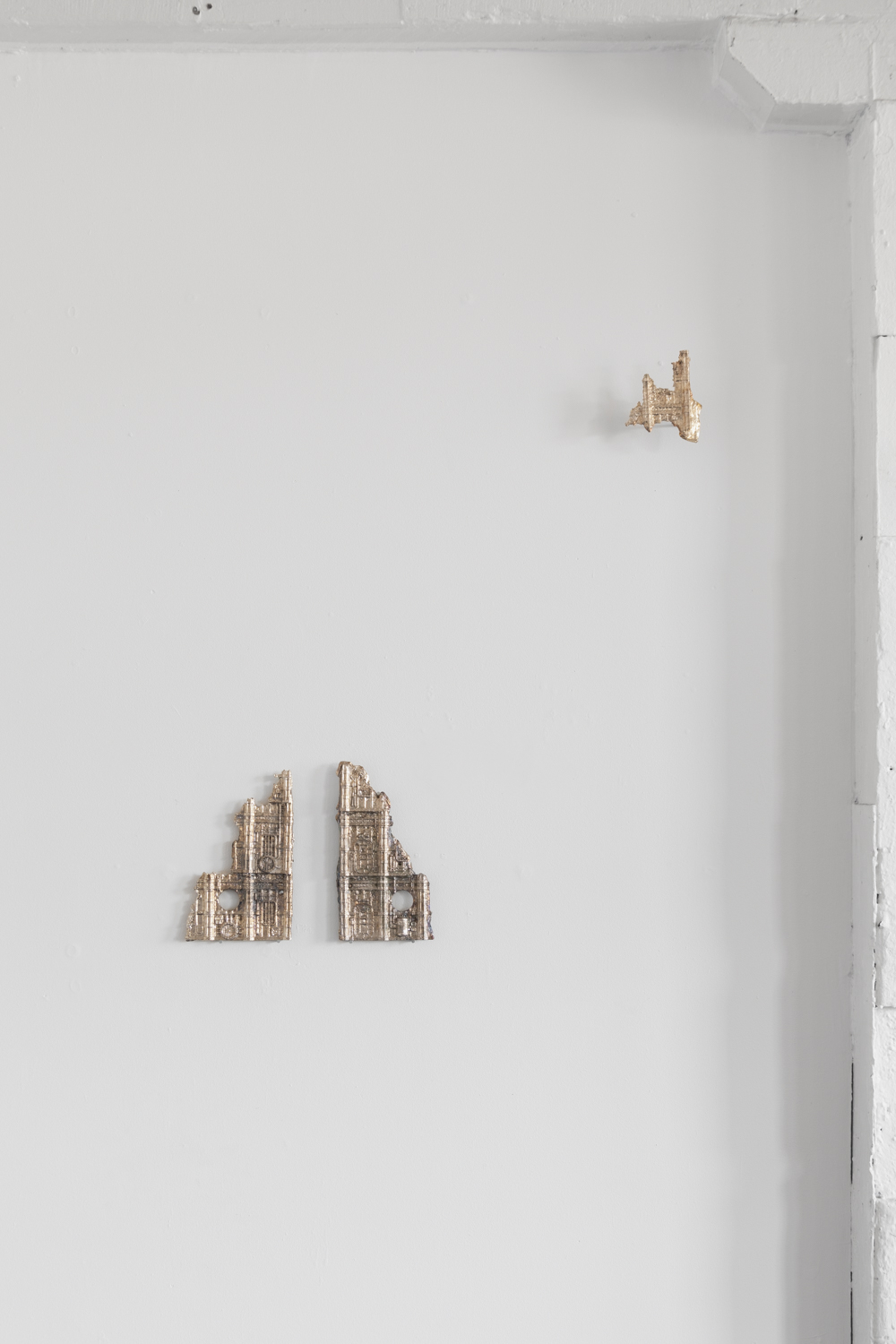
Dante Guthrie, Bergmeister (2023), Cast Bismuth, 16 x 11 x 1 inches
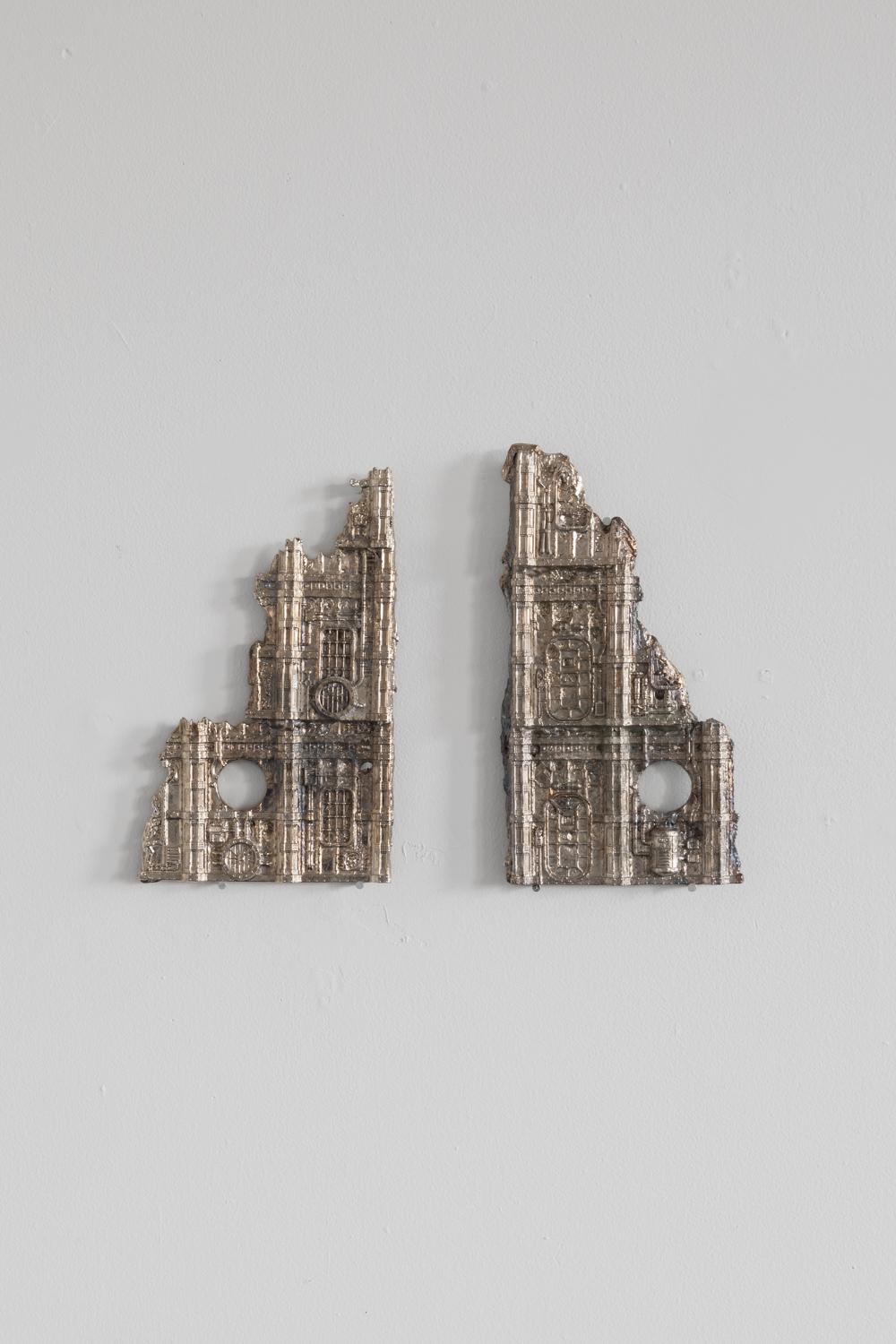
Dante Guthrie, detail of Bergmeister (2023), Cast Bismuth, 16 x 11 x 1 inches
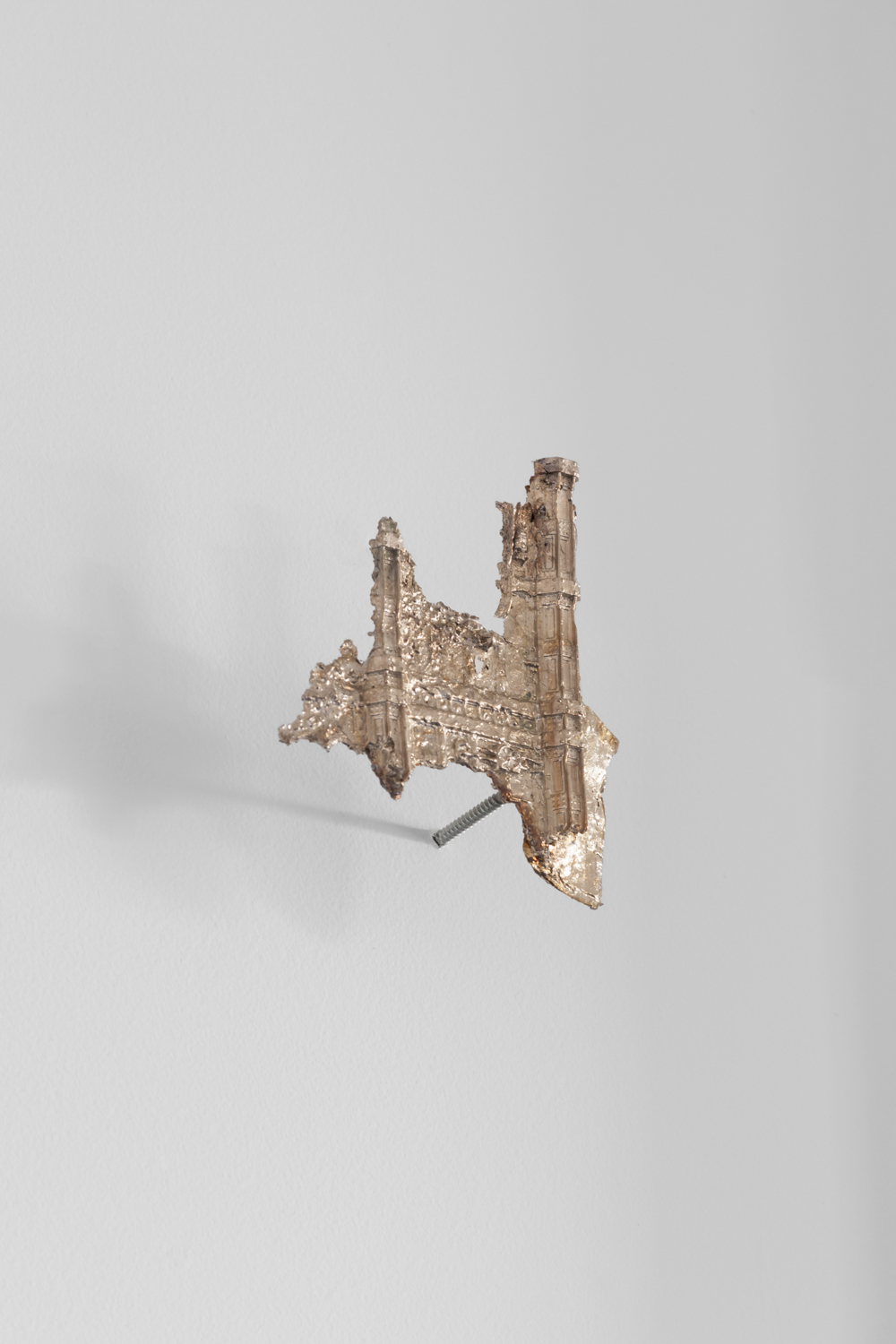
Dante Guthrie, detail of Bergmeister (2023), Cast Bismuth, 16 x 11 x 1 inches
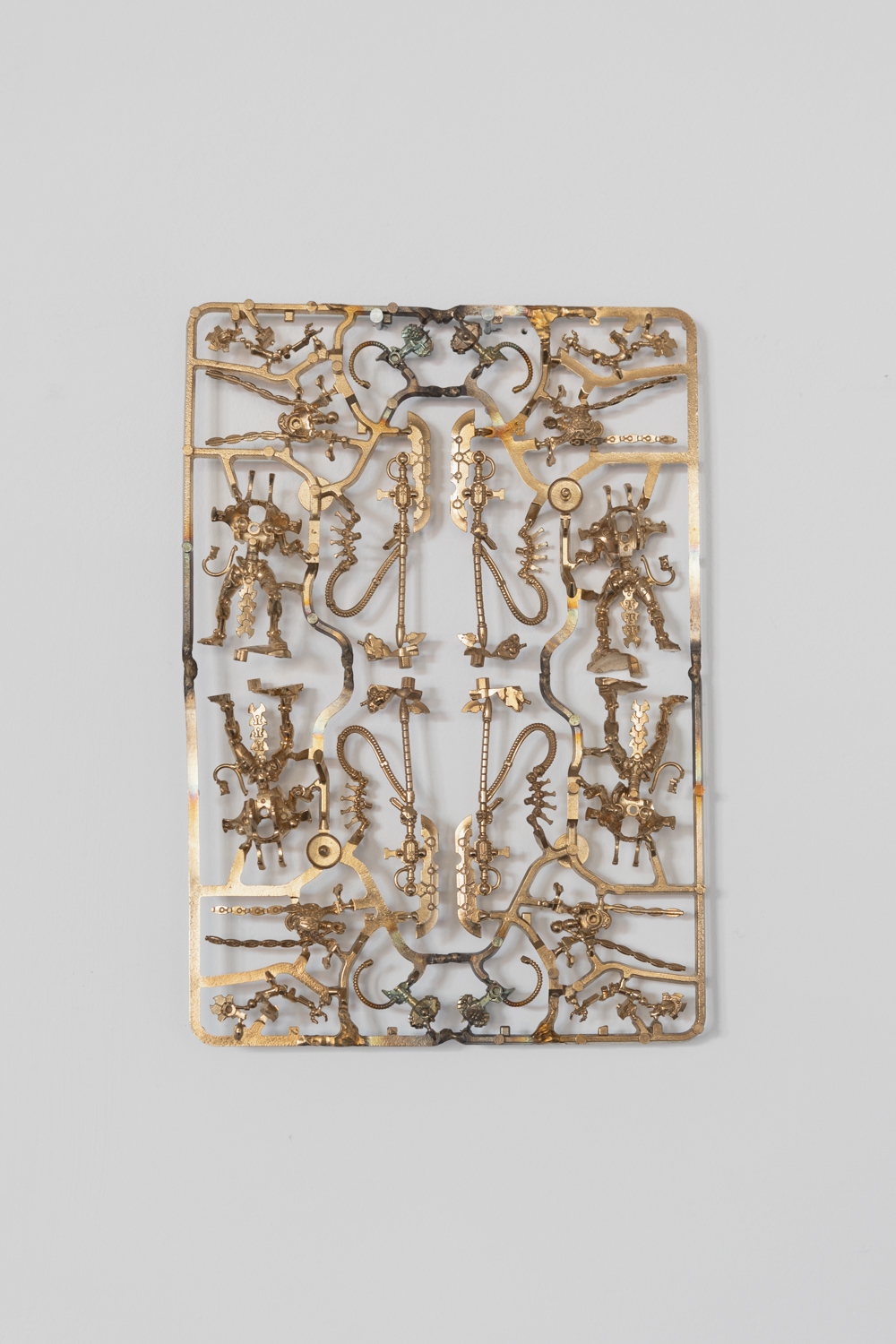
Dante Guthrie, Ryder Truck (2023) Cast Bronze, 8 x 5.5 inches
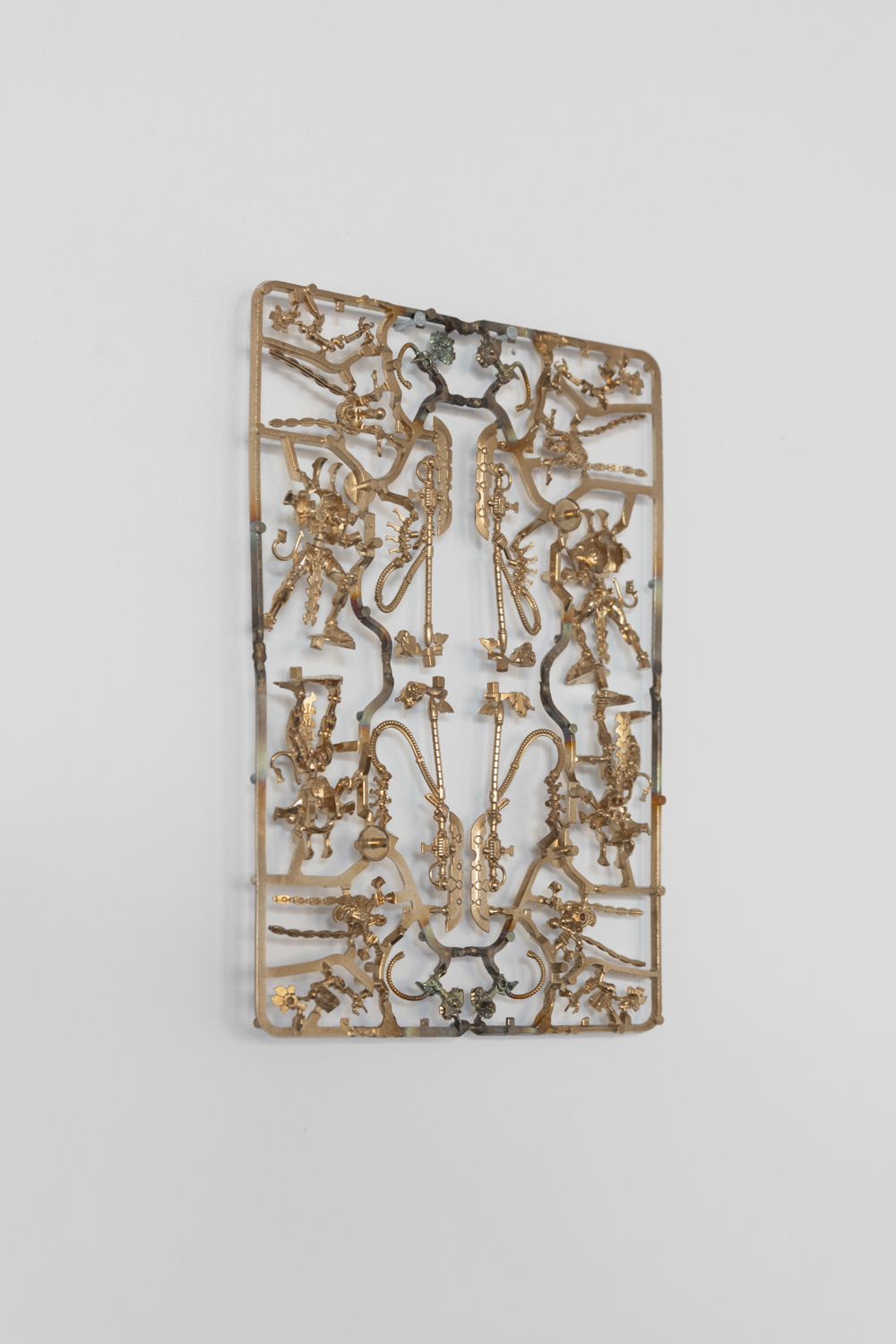
Dante Guthrie, side detail of Ryder Truck (2023) Cast Bronze, 8 x 5.5 inches
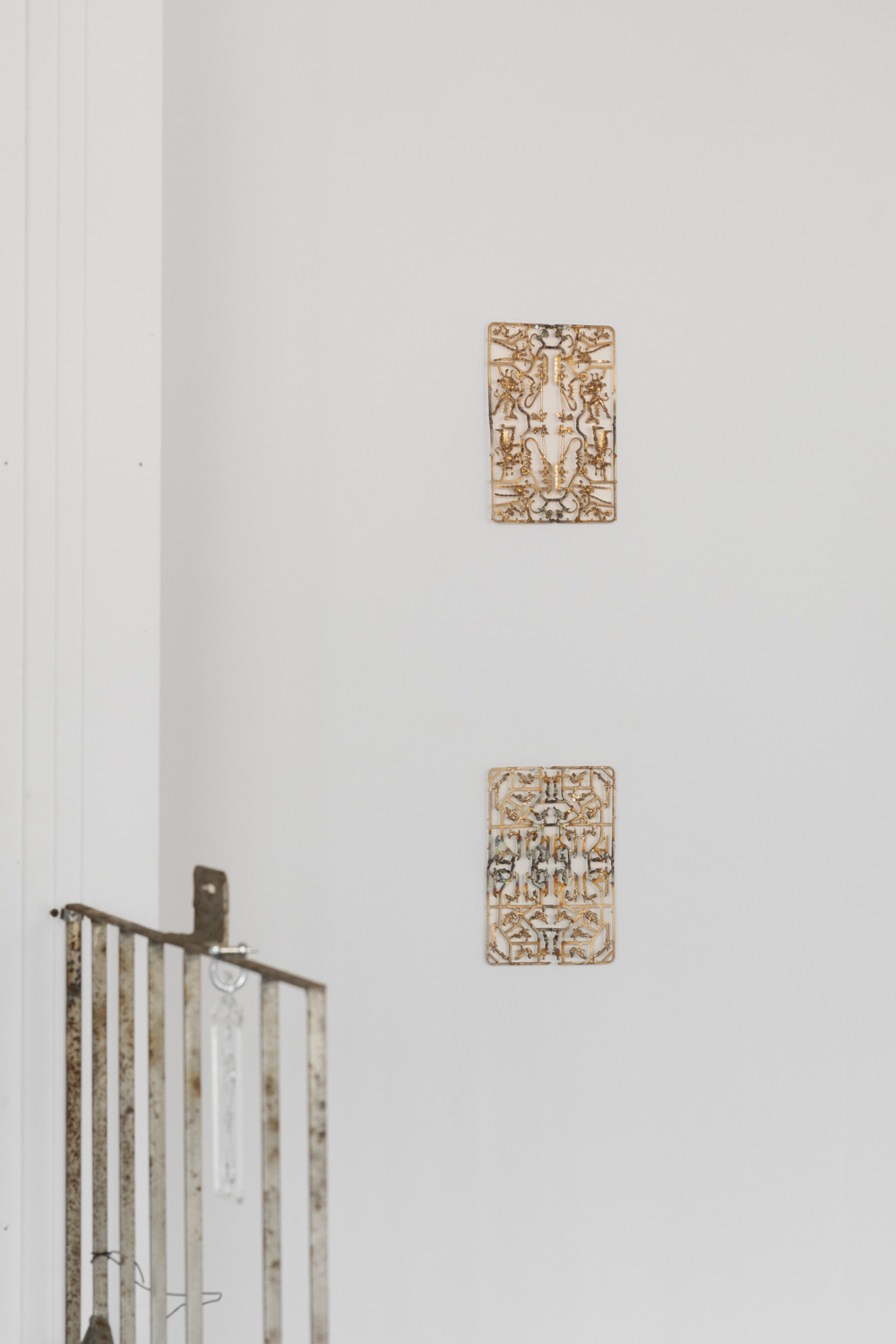
Installation shot Dante Guthrie Elohim II (2023) and Nitromethane (2023), Bronze 8 x 10.5 inches
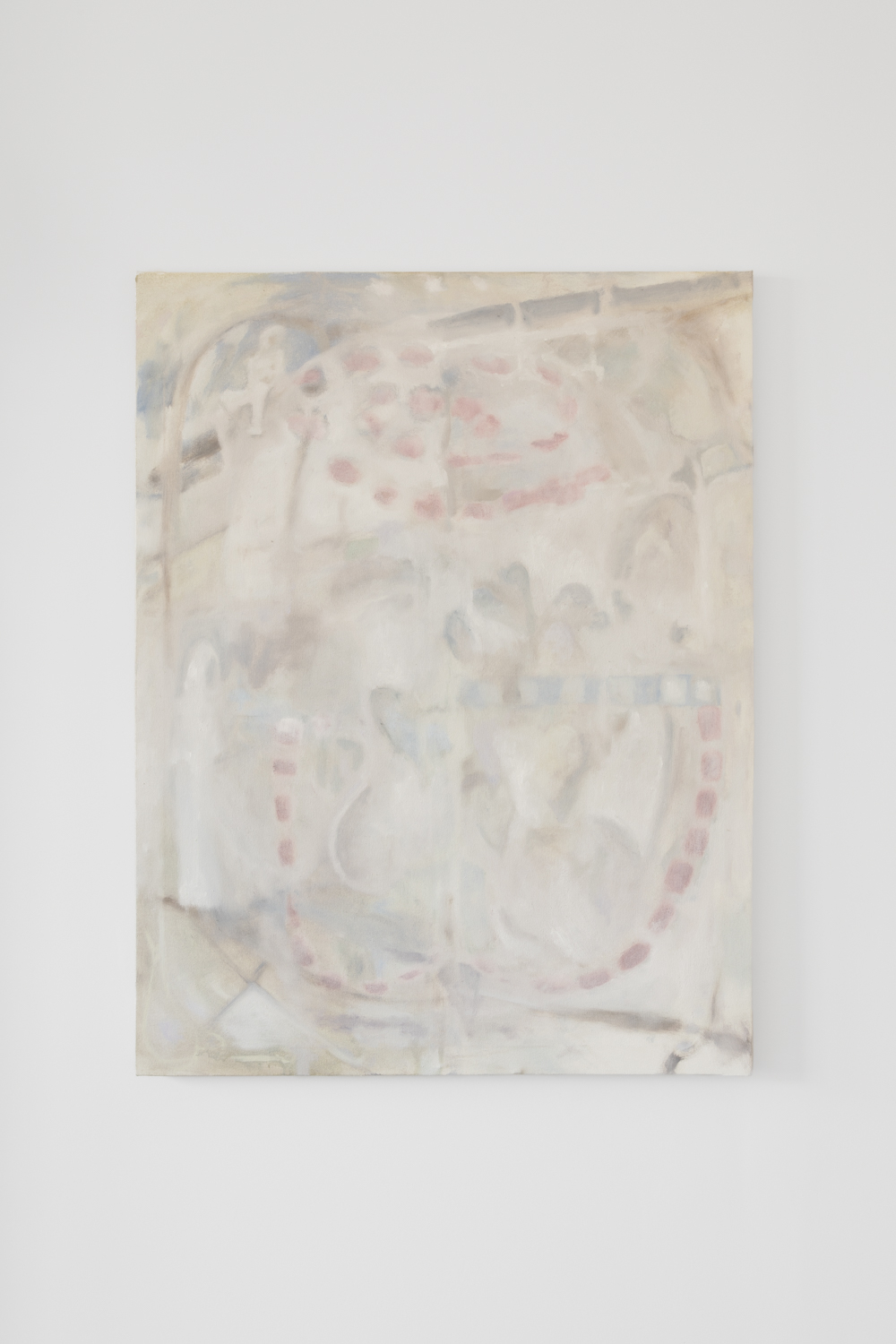
Anjali Kasturi, Spring confusion (2023) Oil on Canvas 41x32 inches
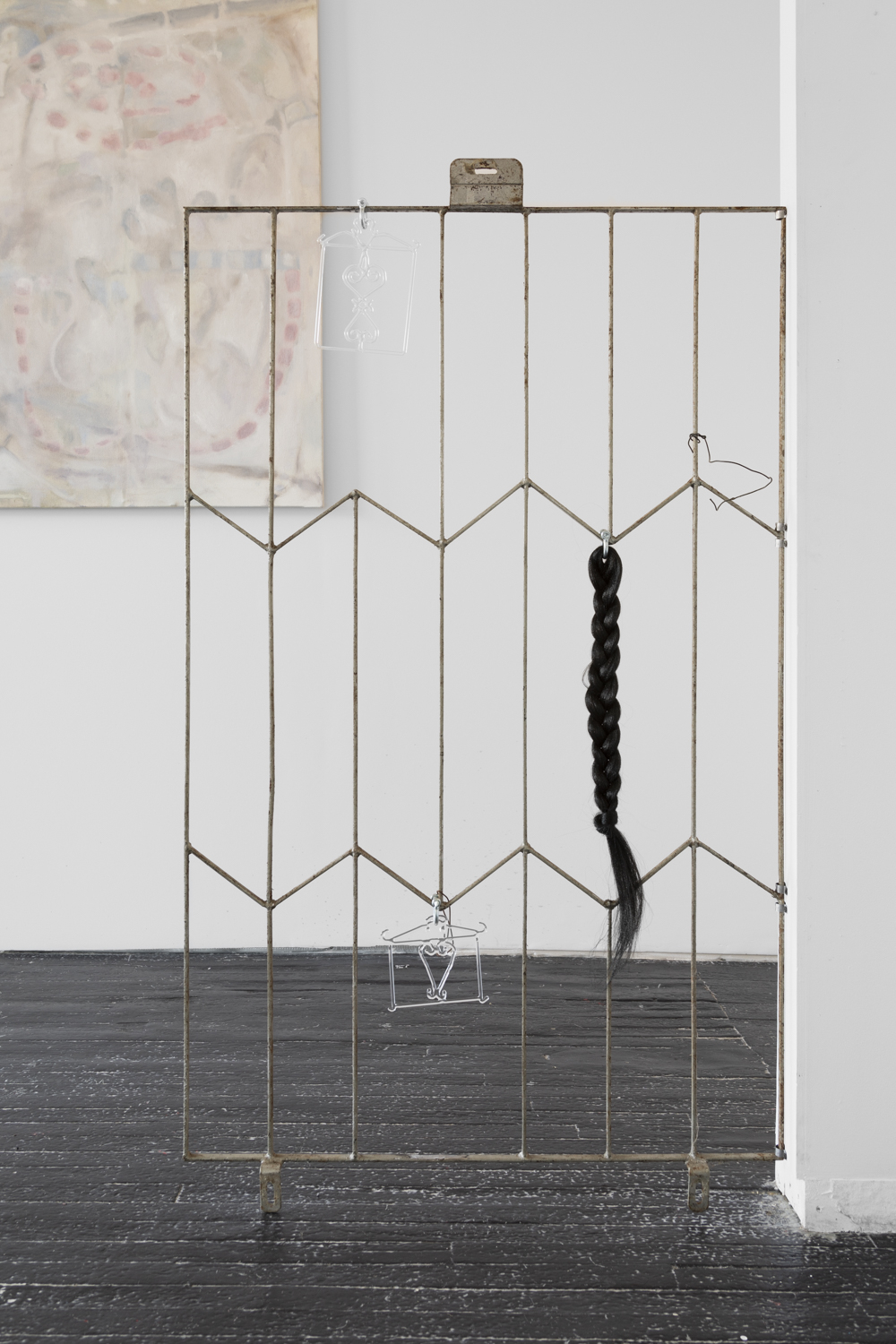
Installation shot, Adrienne Greenblatt Sheol i (2023) and Sheol ii (2023) and braided hair piece on antique steel fence
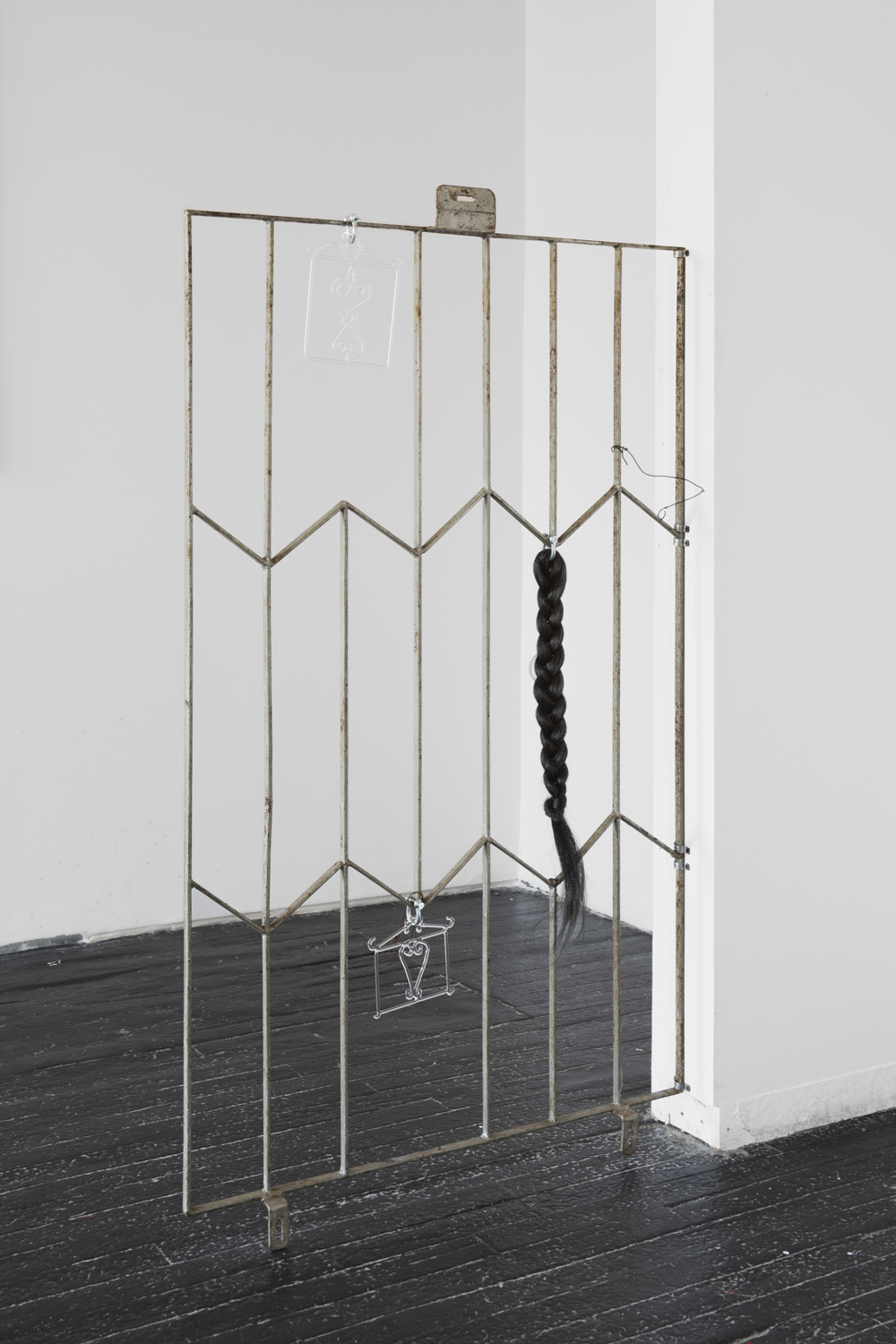
Installation shot, Adrienne Greenblatt Sheol i (2023) and Sheol ii (2023) and braided hair piece on antique steel fence
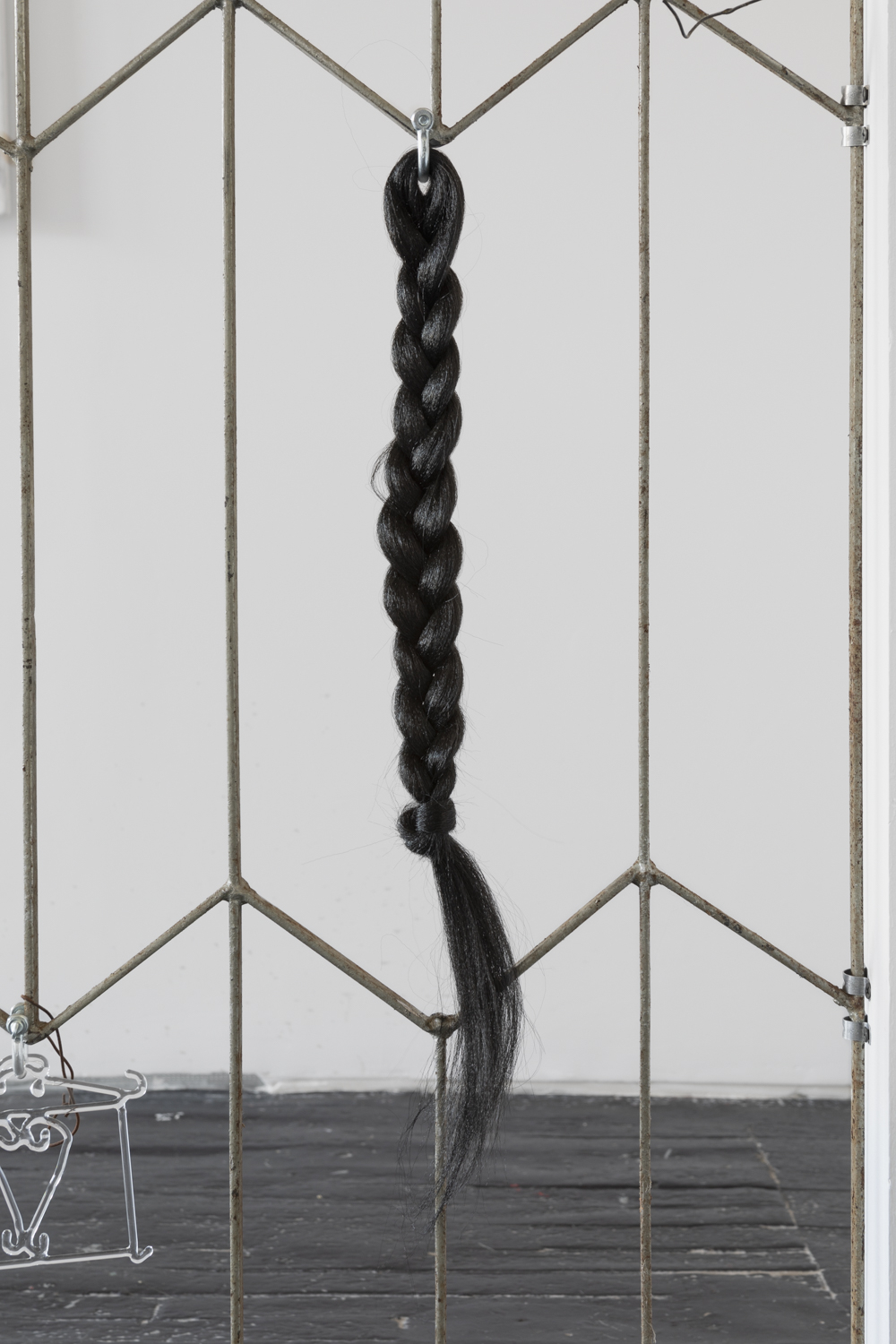
Adrienne Greenblatt, detail shot of Sheol ii (2023) and braided hair piece on antique steel fence
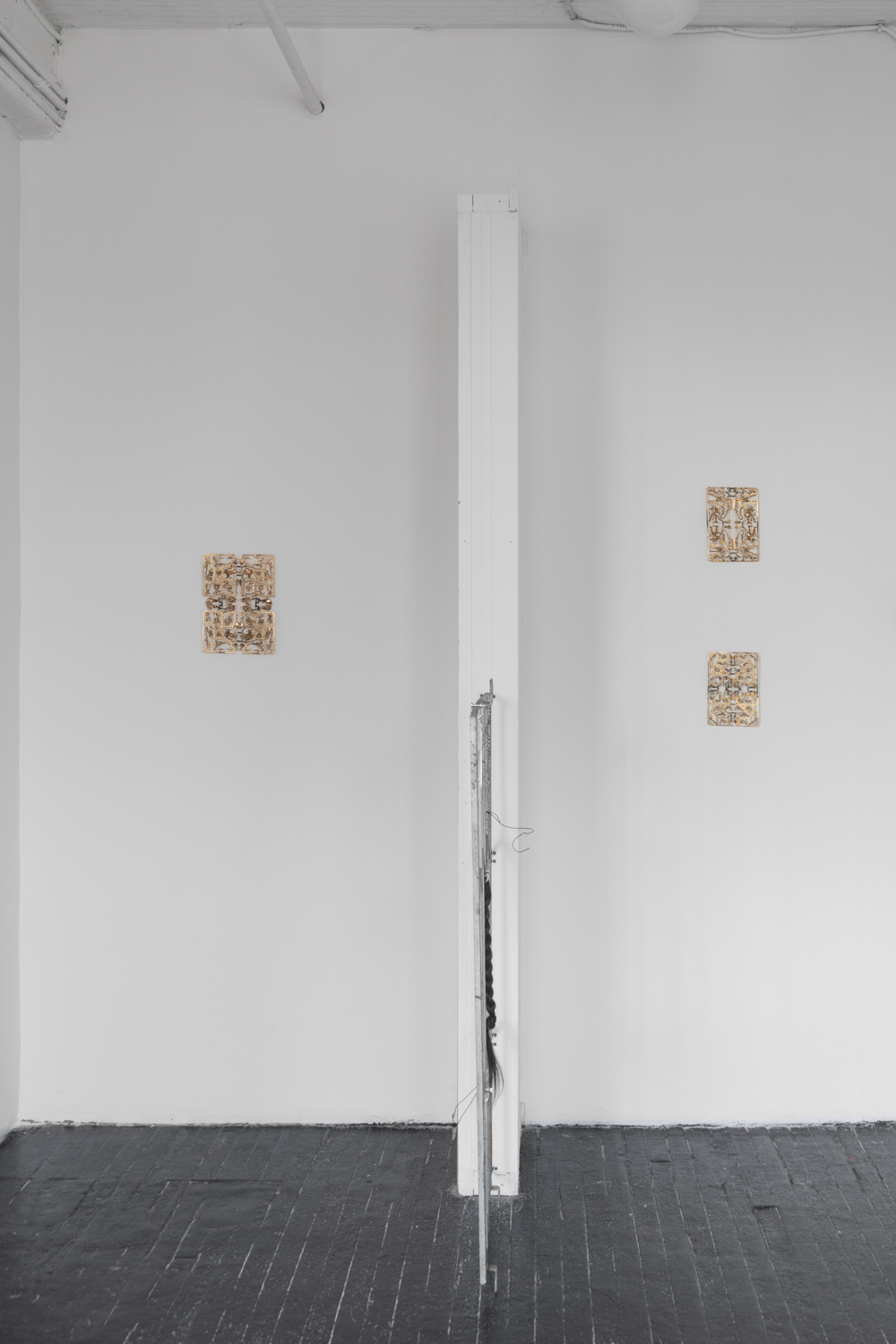
Installation shot Dante Gurthrie and Adrienne Greenblatt
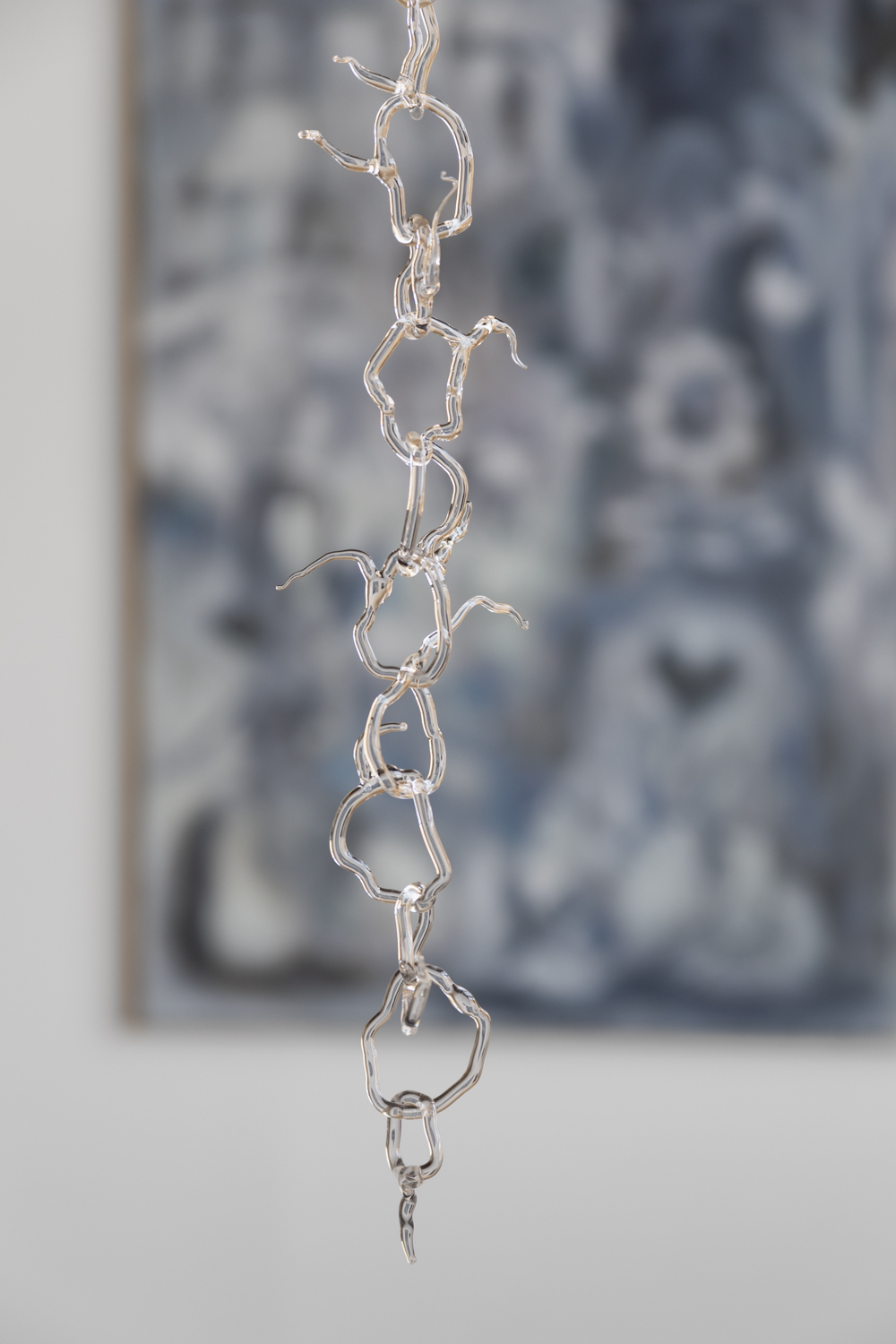
Adrienne Greenblatt, Fetter of Cocytus (2023), Borosilicate Glass, 48 x 4 inches
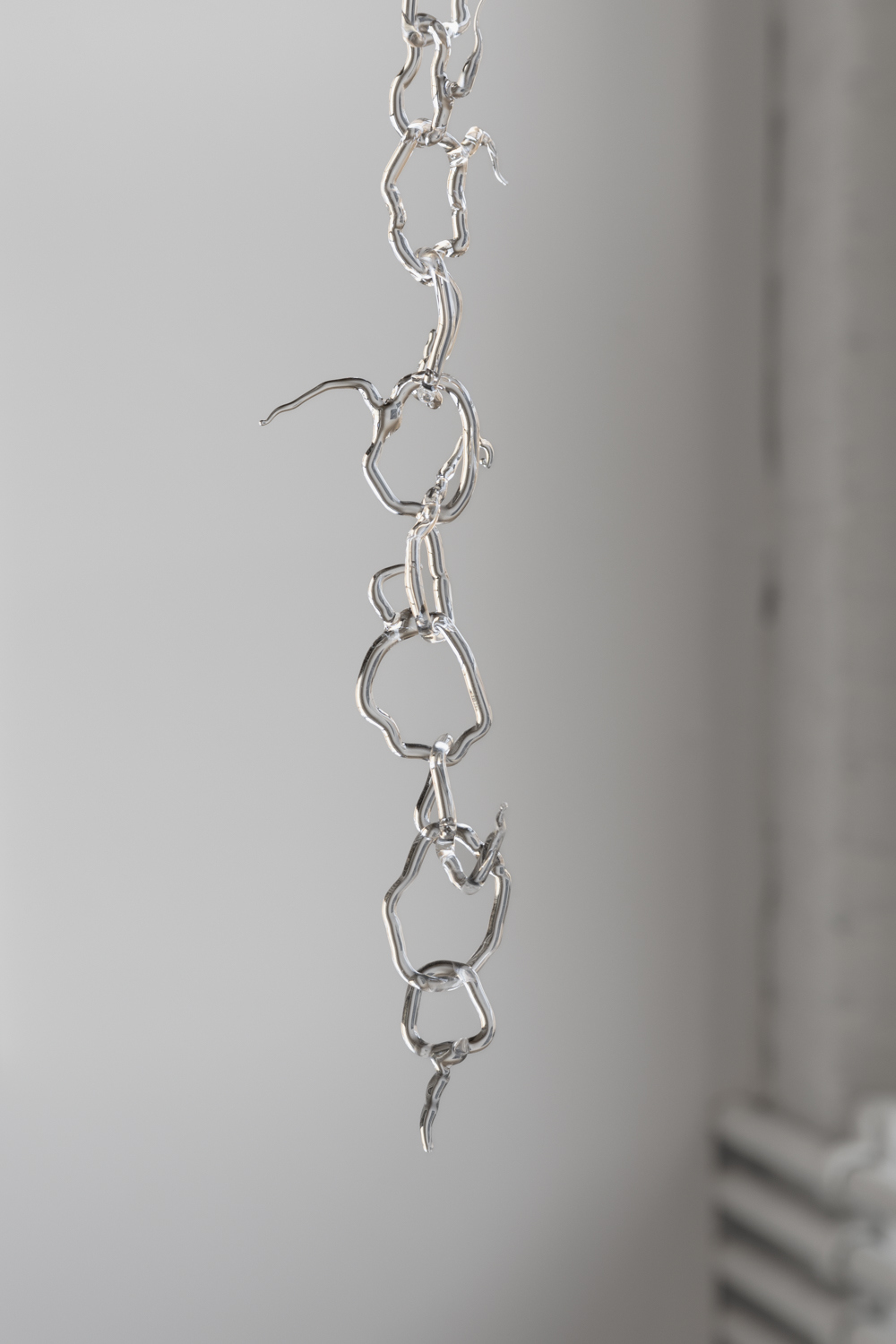
Adrienne Greenblatt, Fetter of Cocytus (2023), Borosilicate Glass, 48 x 4 inches
“He removes the coin from my mouth
with his own hand. My sordid god.
But this is nothing new, this reaching into
and withdrawing. The truth is
I’d tongue the honey from most any hand
that granted me a crossing.”
Madeleine Wattenberg, Charon’s Obol (2015)
“Past the streams of Oceanus they went, past the rock Leucas, past the gates of the sun and the land of dreams, and quickly came to the meadow of asphodel [kat asphodelon leimona], where ghosts (psuchai) live, empty forms of men who have done with toils (eidola kamonton).”
Homer, The Odyssey
It’s been said of ashes that they are at once resilient and fragile, that it is as they erase themselves that they are simultaneously revealed. Somewhere past the Elysian fields, lies a meadow full of gray Asphodel –abundant and fragrant. Folks believe that as you approach the blooms, they dissolve into cinders.
Asphodelicae liliacea identifies around 20 biennial and perennial plant species. They typically thrive in sunny, rocky meadows, scrubland, and dry slopes, spanning from the Mediterranean and Turkey to the Caucasus region. Asphodels, which were once of the same genus as lilies, are characterized by their unique features – fleshy or fibrous grayish clusters, basal resembling grains, leaves long enough to wrap fresh cheese and star-shaped yellow pistils poking out of bitter wide-mouthed flowers on tall stems.
They have retraced the entrance to the underworld. In the western part of the Bulgarian Rhodope Mountains, the Devil’s Throat’s cave roars. 300 steps down, 500 feets in –a steady stream of water loses itself in a siphon. Tourists leave coins for Charon near the entrance, just in case someone needs their trip covered.
In some readings the Asphodel Meadows are just that : a field full of flowers. Others speculate the flowers are in fact bright daffodils covered in the gray dust, their yellow petals peaking out like embers at the tip. Mostly, the tale describes the fields as home to spirits, who dwell and roam amongst the cinders.
The works of Kasturi, Guthrie and Greenblatt pull from a fascination with world-building. But more specifically, it appears to me that the materiality, shapes and uncanniness of their visual language addresses a certain relationship to the ghostly, to a sense of spectrality.
Kasturi’s paintings, in their hues of mauves and grays, will remind you of undefinable misty flora while simultaneously transporting you into eerie fantasy landscapes. Light fog interrupts the shadows – it is as if we find ourselves at the cusp of an event, at the corner of a dimly lit road.
Greenblatt’s delicate glass sculptures inhabit the space like archeological findings – the materiality of
which appears half-liquid/half-solid, hanging from strands of hair and steel. As the light hits the glass, we are reflected in its curves, its piercing medieval prongs. One step back, and our reflection vanishes as it appeared.
Finally, in Guthrie’s combination of bronze and sulfur, characters and architectural facades are cemented into ornate bas-reliefs. Twice removed from their source, through a casting process, the sharp edges and the menacing details of the figure, feel familiar. Guthrie’s fantastical futuristic creatures are abstracted through repetition, yet the narratives of war and conquest still resonate in the metallic gradients of their final form.
Marie Ségolène C Brault
